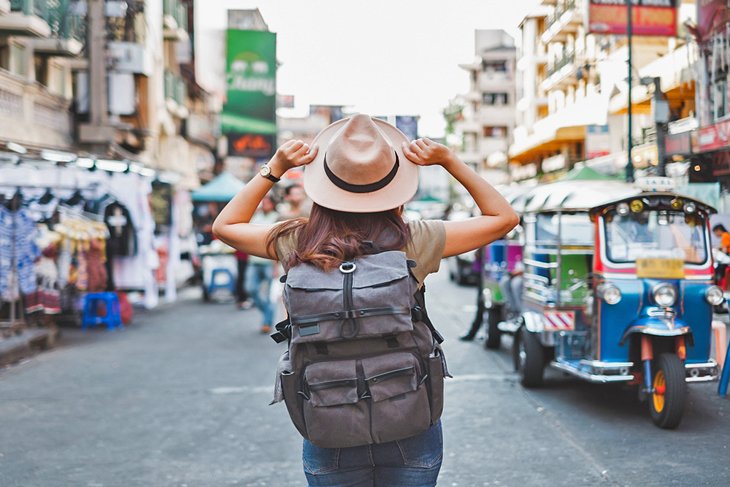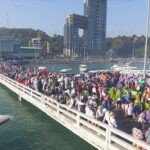Opening tourist provinces to double-jabbed foreigners from November 1 should not put locals at risk provided everybody strictly follows Covid-19 preventive measures, the Centre for Covid-19 Situation Administration (CCSA)’s spokesperson Dr Apisamai Srirangsan said on Monday.
Under the plan, visitors travelling by air from 46 countries/territories that have a low level of Covid-19 infections will not be subjected to the 14-day mandatory quarantine. However, they have to prove that they have received both jabs of an approved Covid-19 vaccine at least 14 days earlier and provide a negative RT-PCR test result taken no more than 72 hours before flying.
“Please note that the governments of some countries on the list have yet to allow their citizens to travel to Thailand,” Apisamai said.
“Also, the number of flights will be limited and closely monitored by the Civil Aviation Authority of Thailand [CAAT]. Airlines cannot resume their services to the same level as they did before the pandemic.”
As for worries that the increase in new cases in the 17 “blue zone” provinces may affect the reopening plan, Apisamai said “the CCSA and Public Health Ministry will use different criteria apart from infection rate to determine if the areas are ready to be reopened”.
The other important factors that may affect the decision include vaccination rate, the number of severe cases, deaths and readiness of the public health system.
“Only certain areas in the 17 blue-zone provinces will be reopened to foreign tourists, mostly cities with tourist attractions,” she said.
“These areas have been carefully considered and picked by the provincial communicable disease committee, the Tourism and Sports Ministry, and tourist associations in the province.”
When asked if businesses that employ the “Covid-Free Setting” can refuse to serve unvaccinated customers, Apisamai said this measure was not mandatory but based on cooperation.
“The ‘Covid-Free Setting’, which includes maintaining social distancing, having staffers double-jabbed and regularly tested using the ATK, aims to keep both customers and employees safe from the virus. It can be flexible when necessary as people will need time to adjust to the new normal,” she said.




